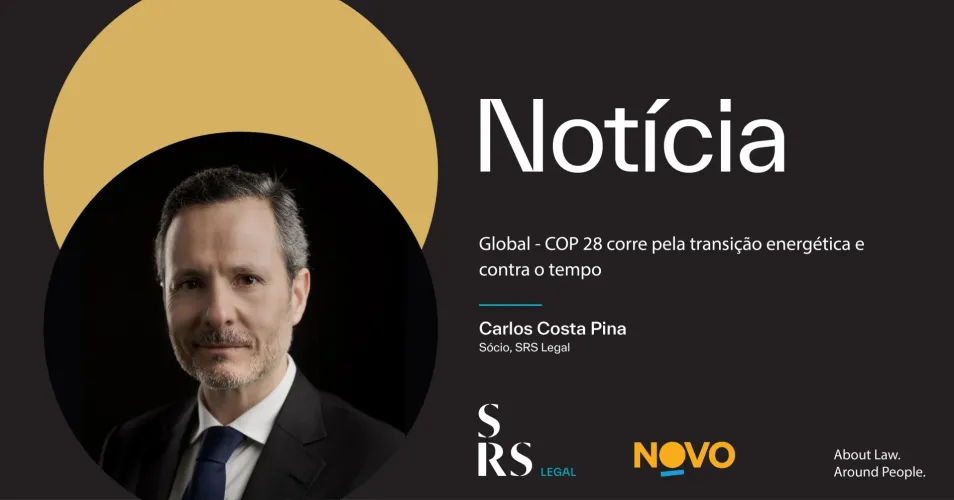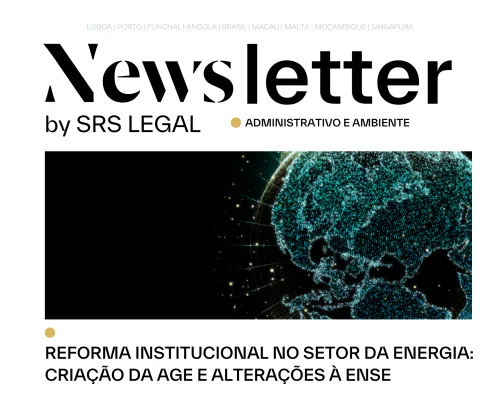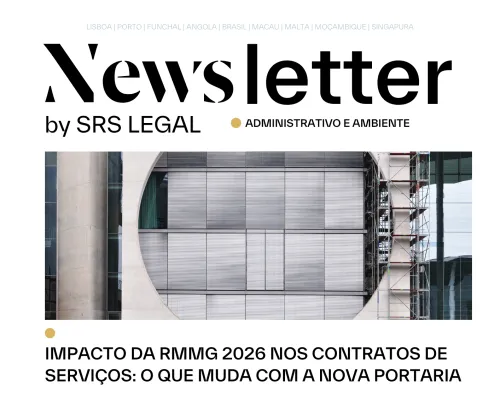Communication
"COP 28 races for energy transition and against time" (with Carlos Costa Pina)
"The IMF [International Monetary Fund] has already recognised the threefold failure that exists: a failure of ambition in the targets and speed of reduction; a regulatory failure in the imposition of an international carbon price; and a failure of investment in the timely replacement of the current energy and production paradigm," Carlos Costa Pina, a Partner in the law firm SRS Legal, in the area of projects, and a former director of Galp, tells NOVO. "To these can be added the lack of funding. While the tax base of the future represents a huge opportunity and benefit for economies currently dependent on fossil fuel imports, states have had difficulty destroying the tax base of the present because they need it to finance the transition," he adds.
COP27 was held under the sign of instability, with Antónia Colibasanu, analyst and head of operations at Geopolitical Futures, explaining to NOVO at the time that they were facing an energy crisis, high inflation and potential problems in supply chains resulting from the war in Ukraine or the sanctions that have been imposed. At COP28, the same challenges remain, plus the war between Israel and Hamas in a region that lives off fossil fuels.
Even so, Manuel Luiz is optimistic and anticipates significant progress "COP28 will have the opportunity to shape the agenda for the coming years and comes at a crucial time for our planet, as leaders from the public, private and social sectors will be responding to the first Global Stocktake," he says, while emphasising that "the scale of the challenge remains enormous".
Costa Pina agrees. "Doing nothing, or putting things off, is always worse than the alternatives, which is why we don't foresee any regression or slowdown in a process in which the EU has asserted its leadership," he says, anticipating "an acceleration, given the political and social consensus around renewables and their electrical paradigm", even though this paradigm "requires a willingness to accept the impacts of solar, wind and storage farms and their demands in terms of the necessary raw materials brought by mining, even if it's indoors".
"What we can't do is live in the duplicity, or hypocrisy, of wanting the new model while rejecting what it implies," he points out."





